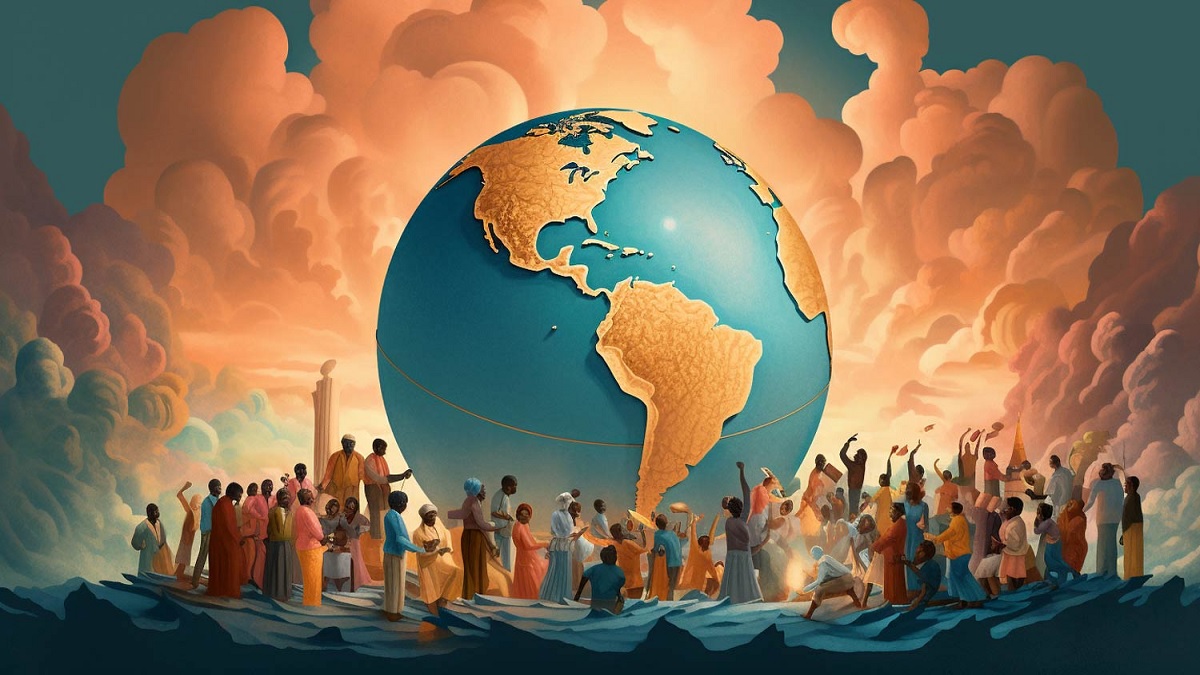The Global South, a collective term for developing nations, is gradually moving away from the economic rules established by the United States and its Western partners. These rules, which have been the cornerstone of the world order since World War 2, include promoting free trade, aligning foreign policies with America, and tying currencies to the US dollar. However, countries in the Global South are now seeking to assert their autonomy and shape their own futures.
One significant way in which the Global South is redefining its relationship with the world is by demanding control over its resources. This includes insisting on the establishment of factories within their own countries, a departure from the colonial-era practice of resource extraction. Ghana, for example, is planning to ban exports of lithium, a key component for electric vehicles, while Indonesia has already prohibited the export of nickel ores.

Furthermore, the Global South is challenging the dominance of the US dollar. Brazilian President Luiz Inácio Lula da Silva questioned the all-pervasive influence of the dollar during a visit to China in April, asking who decided that it should hold such power. Countries like Thailand are considering plans to diversify their basket of currencies, reducing reliance on the dollar, while Indonesia is strengthening its local currency markets and exploring alternative payment systems that diminish the need for the dollar in day-to-day transactions.
In addition to economic shifts, the Global South is adopting a more neutral stance in geopolitical conflicts. Rather than aligning with either the West or Russia or the US and China, developing nations are choosing to remain neutral and promote peace. This was evident when thirty-two countries abstained from a United Nations resolution demanding Russia’s withdrawal from Ukraine. Leaders such as Bangladeshi Prime Minister Sheikh Hasina and Philippine finance secretary Benjamin Diokno emphasize their countries’ neutrality and desire to be friends with all. The deterioration in the behavior of major powers, including the US debt-ceiling debacle, Chinese saber-rattling, and Brexit, has further soured attitudes towards these powers in the Global South.
The Global South’s new approach signifies a desire to break away from the US-led world order and establish its own vision for the future. While some of the grievances stem from the great powers’ actions and policies, the Global South has also voiced disappointment in the lack of a compelling alternative offered by the US. Countries in the Global South believe it is time to chart their own course and prioritize their own interests.
